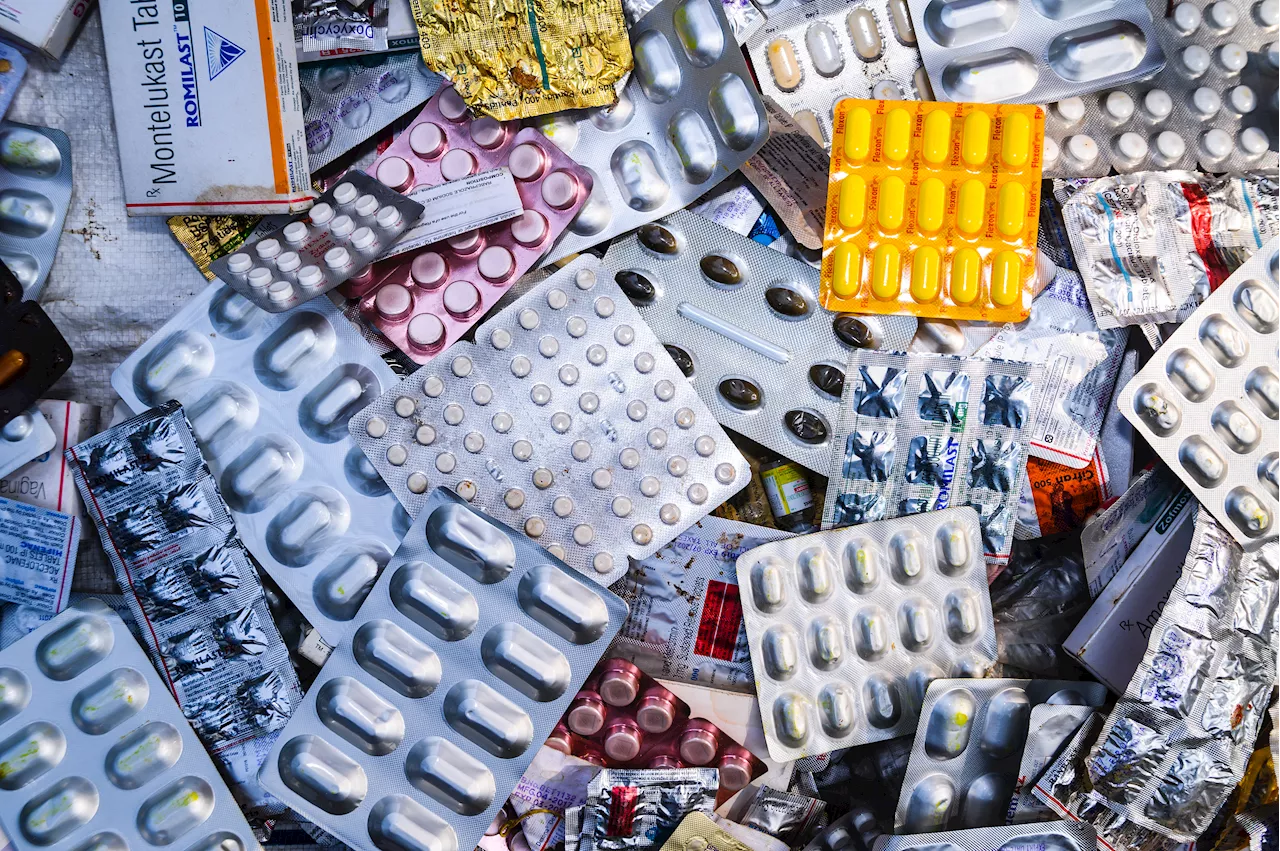The imposition of tariffs on imported generic drugs by the US government is anticipated to result in increased prices and potentially exacerbate existing drug shortages, according to experts. A significant portion of generic medications in the US, including essential drugs like cancer treatments, antibiotics, and blood thinners, are manufactured overseas. Furthermore, a substantial majority of active pharmaceutical ingredients (APIs) utilized in drugs originate from abroad. While immediate shortages are a concern, economists predict that price hikes will become apparent in the coming months as contracts with distributors are renegotiated at higher rates.
is likely to drive up the cost of generic drugs in the United States and exacerbate drug shortages , experts say.
Vimala Raghavendran, vice president of informatics product development at the U.S. Pharmacopeia, said that typically, companies hold several months of inventory of API. “So if any manufacturer wants to go ahead and increase their prices, they’re going to pay a different tax on the other end if they do so,” she said.
DRUG PRICES DRUG SHORTAGES TARIFFS GENERIC DRUGS API
United States Latest News, United States Headlines
Similar News:You can also read news stories similar to this one that we have collected from other news sources.
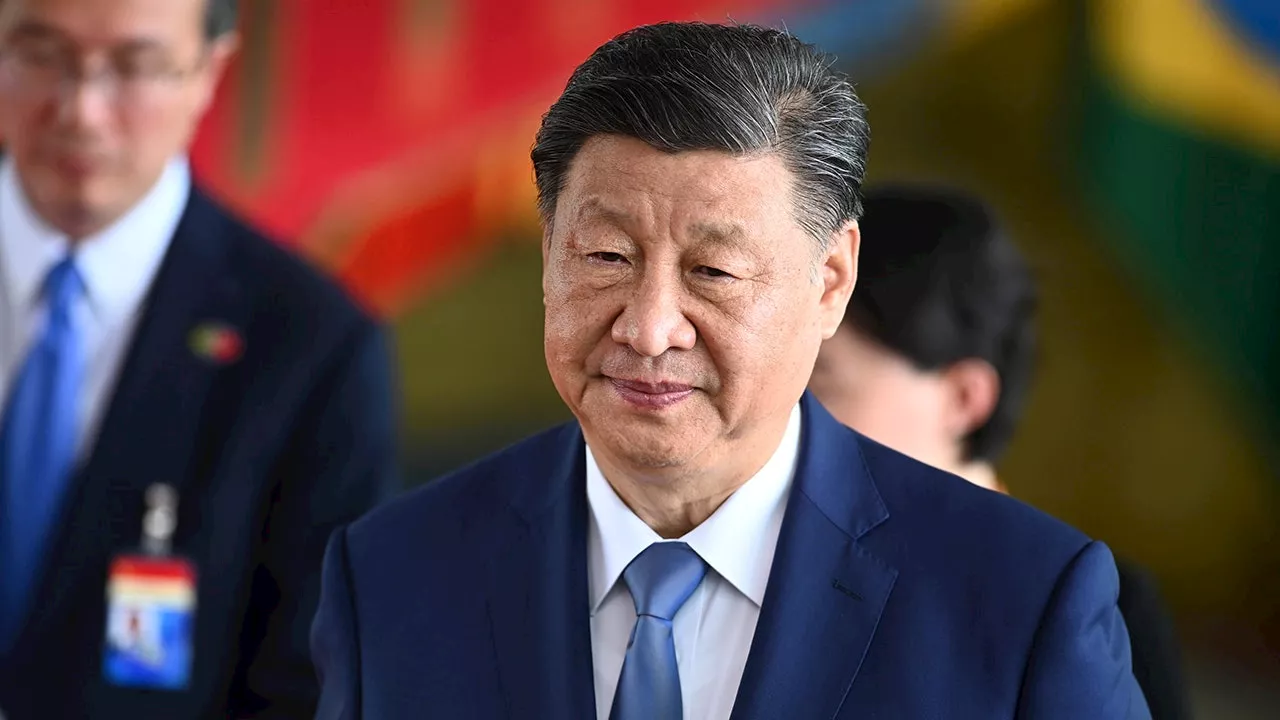 China responds with tariffs on US goods after Trump's tariffs on Chinese imports take effectChina imposed tariffs on some U.S. imports in response to new tariffs President Donald Trump put on Chinese goods beginning shortly after midnight on Tuesday.
China responds with tariffs on US goods after Trump's tariffs on Chinese imports take effectChina imposed tariffs on some U.S. imports in response to new tariffs President Donald Trump put on Chinese goods beginning shortly after midnight on Tuesday.
Read more »
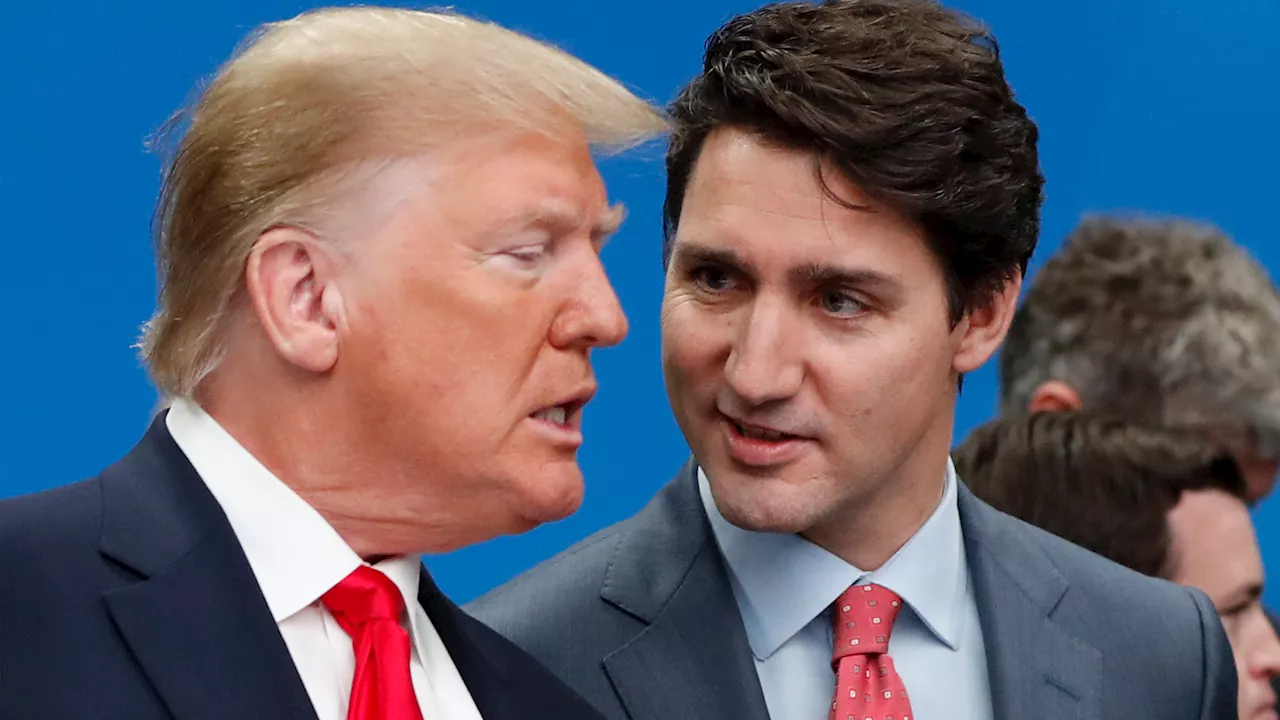 US Imposes Tariffs on Canadian and Mexican Imports to Combat Drug TraffickingThe U.S. is imposing tariffs on goods from Canada and Mexico, citing concerns about drug trafficking. The move, which starts February 4th, includes a 25% tariff on most exports from both countries, although Canadian energy products will face a lower rate. The White House alleges that the Mexican government collaborates with drug cartels, a claim strongly denied by Mexican President Sheinbaum. Canadian Prime Minister Trudeau warns of potential economic fallout for Canadians. The tariffs have drawn criticism from business leaders and economists who predict price increases for consumers.
US Imposes Tariffs on Canadian and Mexican Imports to Combat Drug TraffickingThe U.S. is imposing tariffs on goods from Canada and Mexico, citing concerns about drug trafficking. The move, which starts February 4th, includes a 25% tariff on most exports from both countries, although Canadian energy products will face a lower rate. The White House alleges that the Mexican government collaborates with drug cartels, a claim strongly denied by Mexican President Sheinbaum. Canadian Prime Minister Trudeau warns of potential economic fallout for Canadians. The tariffs have drawn criticism from business leaders and economists who predict price increases for consumers.
Read more »
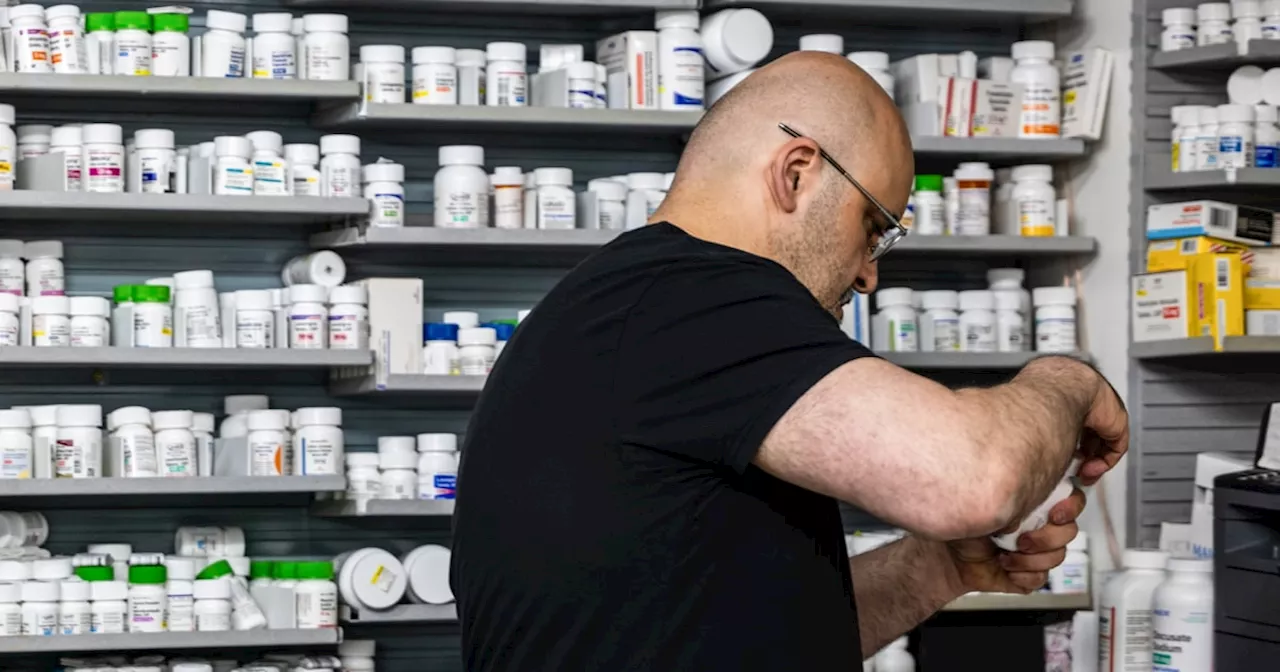 Trump Tariffs on Chinese Imports Expected to Drive Up Generic Drug Prices and Create ShortagesPresident Trump's 10% tariff on Chinese imports is predicted to significantly impact the US pharmaceutical market, leading to higher prices and potential shortages of generic drugs. Experts warn that the reliance on overseas manufacturing for generic medications, coupled with the tariffs, could disrupt the supply chain and disproportionately affect vulnerable communities.
Trump Tariffs on Chinese Imports Expected to Drive Up Generic Drug Prices and Create ShortagesPresident Trump's 10% tariff on Chinese imports is predicted to significantly impact the US pharmaceutical market, leading to higher prices and potential shortages of generic drugs. Experts warn that the reliance on overseas manufacturing for generic medications, coupled with the tariffs, could disrupt the supply chain and disproportionately affect vulnerable communities.
Read more »
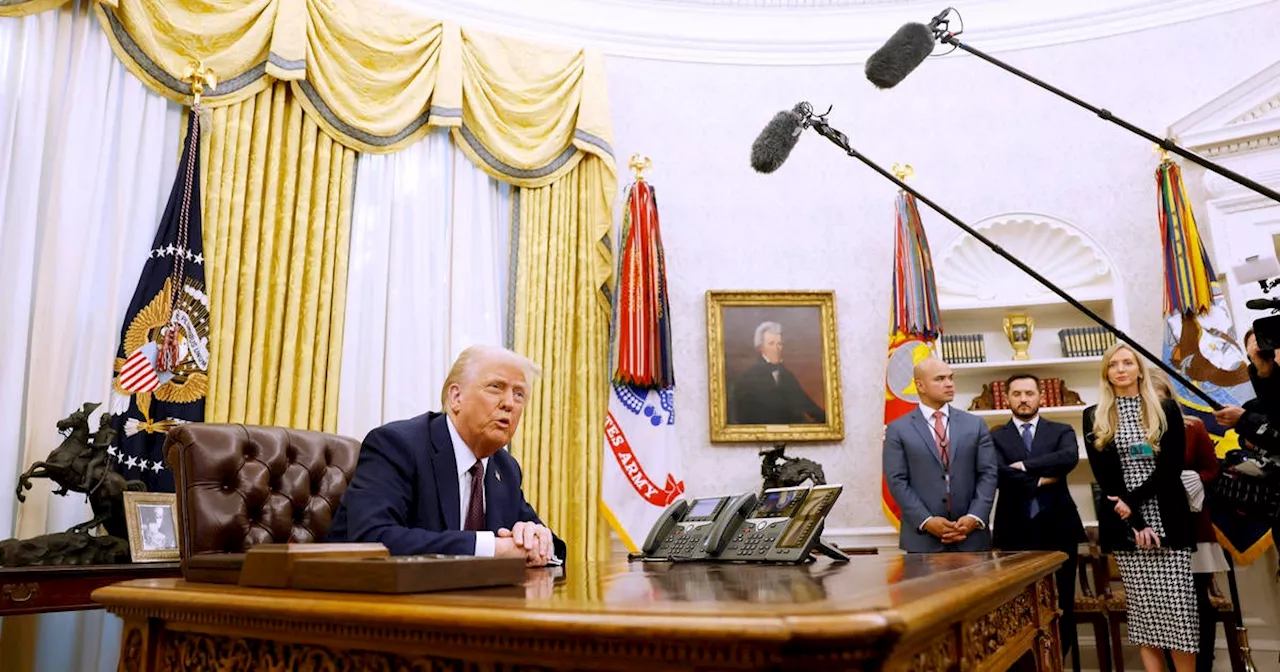 Trump to Impose Tariffs on Oil, Gas, and MorePresident Trump announced plans to impose tariffs on a range of imports, including oil, gas, CHIPS semiconductor technology, pharmaceuticals, steel, aluminum, and copper. The tariffs on oil and gas imports are expected to take effect around February 18th, while tariffs on other goods will be implemented eventually. This move follows the implementation of 25% tariffs on imports from Mexico and Canada. Trump stated that negotiations were over and these tariffs would be added to existing ones, potentially leading to increased prices for consumers.
Trump to Impose Tariffs on Oil, Gas, and MorePresident Trump announced plans to impose tariffs on a range of imports, including oil, gas, CHIPS semiconductor technology, pharmaceuticals, steel, aluminum, and copper. The tariffs on oil and gas imports are expected to take effect around February 18th, while tariffs on other goods will be implemented eventually. This move follows the implementation of 25% tariffs on imports from Mexico and Canada. Trump stated that negotiations were over and these tariffs would be added to existing ones, potentially leading to increased prices for consumers.
Read more »
 Canada Imposes Retaliatory Tariffs on US Goods in Response to Trump's Fentanyl TariffCanadian Prime Minister Justin Trudeau announced retaliatory tariffs against the US in response to President Donald Trump's tariffs on Canadian imports. Trudeau stated that Canada will be imposing 25% tariffs on $155 billion worth of American goods, with immediate tariffs on $30 billion worth of goods starting Tuesday and further tariffs on $125 billion worth of products in 21 days. These tariffs come after Trump implemented 25% tariffs on Canadian goods imported to the US, citing efforts to curb the fentanyl crisis.
Canada Imposes Retaliatory Tariffs on US Goods in Response to Trump's Fentanyl TariffCanadian Prime Minister Justin Trudeau announced retaliatory tariffs against the US in response to President Donald Trump's tariffs on Canadian imports. Trudeau stated that Canada will be imposing 25% tariffs on $155 billion worth of American goods, with immediate tariffs on $30 billion worth of goods starting Tuesday and further tariffs on $125 billion worth of products in 21 days. These tariffs come after Trump implemented 25% tariffs on Canadian goods imported to the US, citing efforts to curb the fentanyl crisis.
Read more »
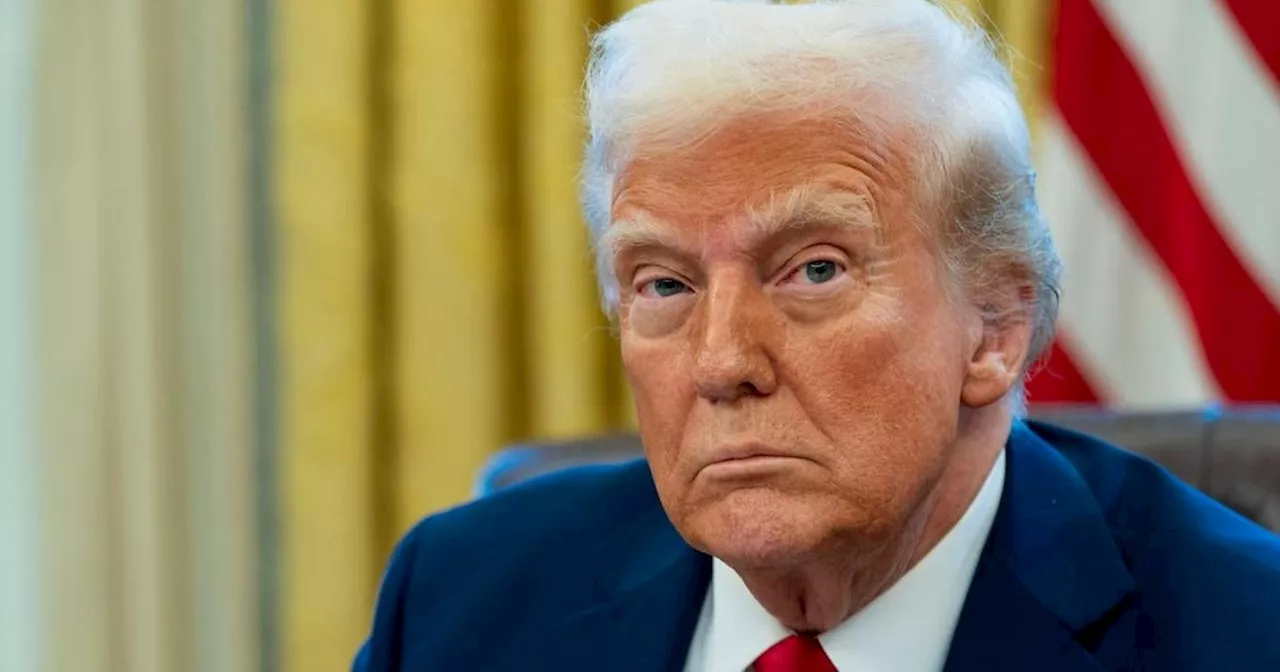 Trump Imposes Tariffs on Mexico, Canada, and ChinaPresident Trump will implement 25% tariffs on imports from Mexico and Canada, and a 10% tariff on imports from China, starting February 1st. The tariffs, announced by White House spokeswoman Karoline Leavitt, aim to curb the flow of undocumented immigrants and illicit drugs, particularly fentanyl, into the U.S. Trump argues that the tariffs will generate revenue for the federal government, although importers typically pass these costs onto consumers. Experts warn that the steep tariffs could slow U.S. economic growth and fuel inflation. Canada and Mexico have expressed readiness to retaliate if the tariffs are implemented.
Trump Imposes Tariffs on Mexico, Canada, and ChinaPresident Trump will implement 25% tariffs on imports from Mexico and Canada, and a 10% tariff on imports from China, starting February 1st. The tariffs, announced by White House spokeswoman Karoline Leavitt, aim to curb the flow of undocumented immigrants and illicit drugs, particularly fentanyl, into the U.S. Trump argues that the tariffs will generate revenue for the federal government, although importers typically pass these costs onto consumers. Experts warn that the steep tariffs could slow U.S. economic growth and fuel inflation. Canada and Mexico have expressed readiness to retaliate if the tariffs are implemented.
Read more »
